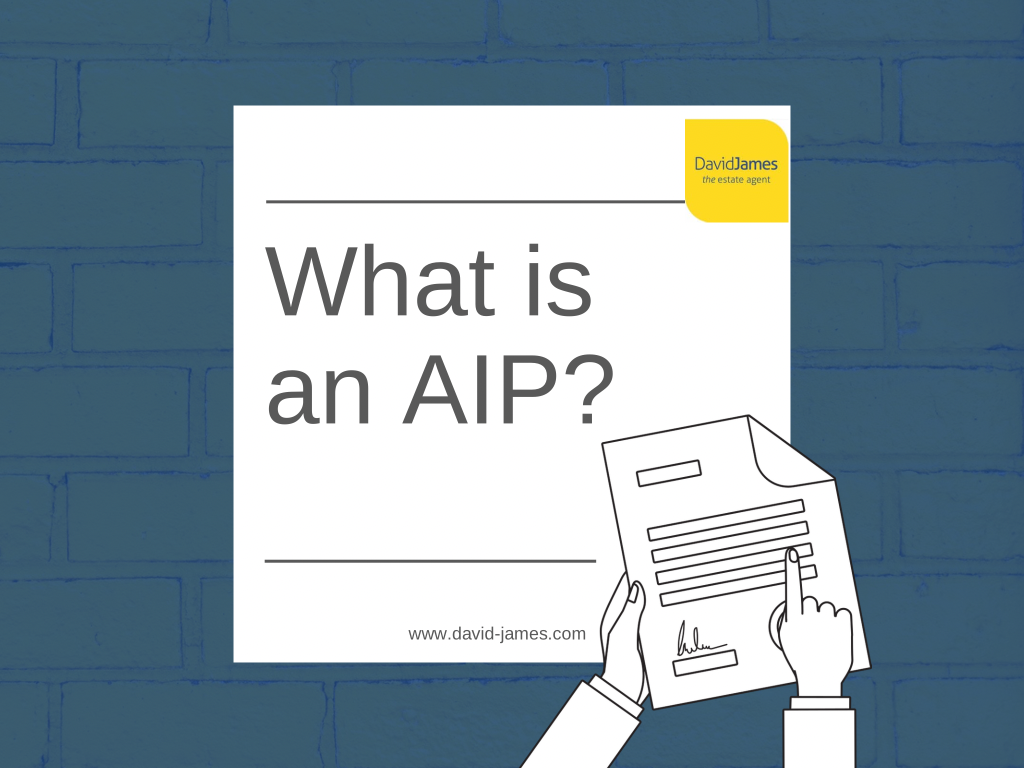
What is an ‘AIP’?
An ‘AIP’ is an abbreviation for Agreement in Principle, sometimes called a Mortgage in Principle.
It is the first step, and a simple way, to find out how much you can borrow from a lender to buy or remortgage a home, without a full credit check. Think of it as a written estimate from a bank or building society.
A lender or mortgage advisor will need to know what your regular income is, along with any outgoings. From this, they can work out how much you can borrow.
You’re not committing to anything at this stage and you’re not tied to a particular type of deal. Once you have an offer accepted, only then does the full mortgage application get submitted. A good independent mortgage advisor will also recheck if this is the best deal on the market for you.
It is important to remember though that an AIP isn’t a guarantee of a loan.
Why get one then?
Firstly it shows how much you can borrow, which means you won’t start viewing properties out of your price bracket.
You can also show it to estate agents and vendors to prove you’re a serious buyer and can, in theory, get a mortgage. Often estate agents will require a copy of your AIP before classing the property as fully under offer AND if there are multiple offers on the table, having an AIP will stand you in good stead as not only a serious buyer, but one which can afford the offer you are putting forward and is in a position to do so.
If you’re getting a mortgage jointly with someone else, the mortgage in principle will state how much it will lend based on your joint application.
Other benefits of an AIP
It can also provide some reassurance that you will be able to buy a property, especially if you have any concerns about your credit record. You should give the lender or mortgage advisor as much information as possible in order to get a correct AIP. Not disclosing any loans, late payments or bad credit is not a good idea as it will come to light when you make a full application and you could end up losing the property, as well as the trust of the vendor.
How to get an AIP?
There are many ways you can apply for a mortgage in principle online, by phone , by calling into a high street lender’s branch or with an independent mortgage advisor.
How much are they?
Mortgages in principle should be free; and some lenders or advisors can issue them quickly if you supply them with all the information they need.
Such as:
Proof of Identification – Passport or Drivers licence (This will need to be photographic)
Proof of Address – (Council tax bill/ utility bill less than 3 months old upon full application. If you have lived at your current address less than 3 years, you must let them know of your previous address also.
Proof of Income – (3 months recent wage slips along with information about your expenditure and existing credit agreements upon application. Self employed will need books)
The lender will use the information supplied to arrive at a figure that ‘in principle’ it would be willing to lend you. It will then issue a letter or certificate stating the maximum amount it could potentially lend.
How long does an AIP last?
Mortgages in principle are usually valid for between 30 and 90 days, depending on the lender. They can often be renewed if they expire before you have found a suitable property.




